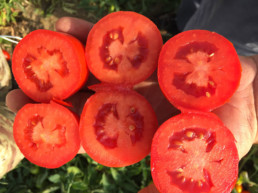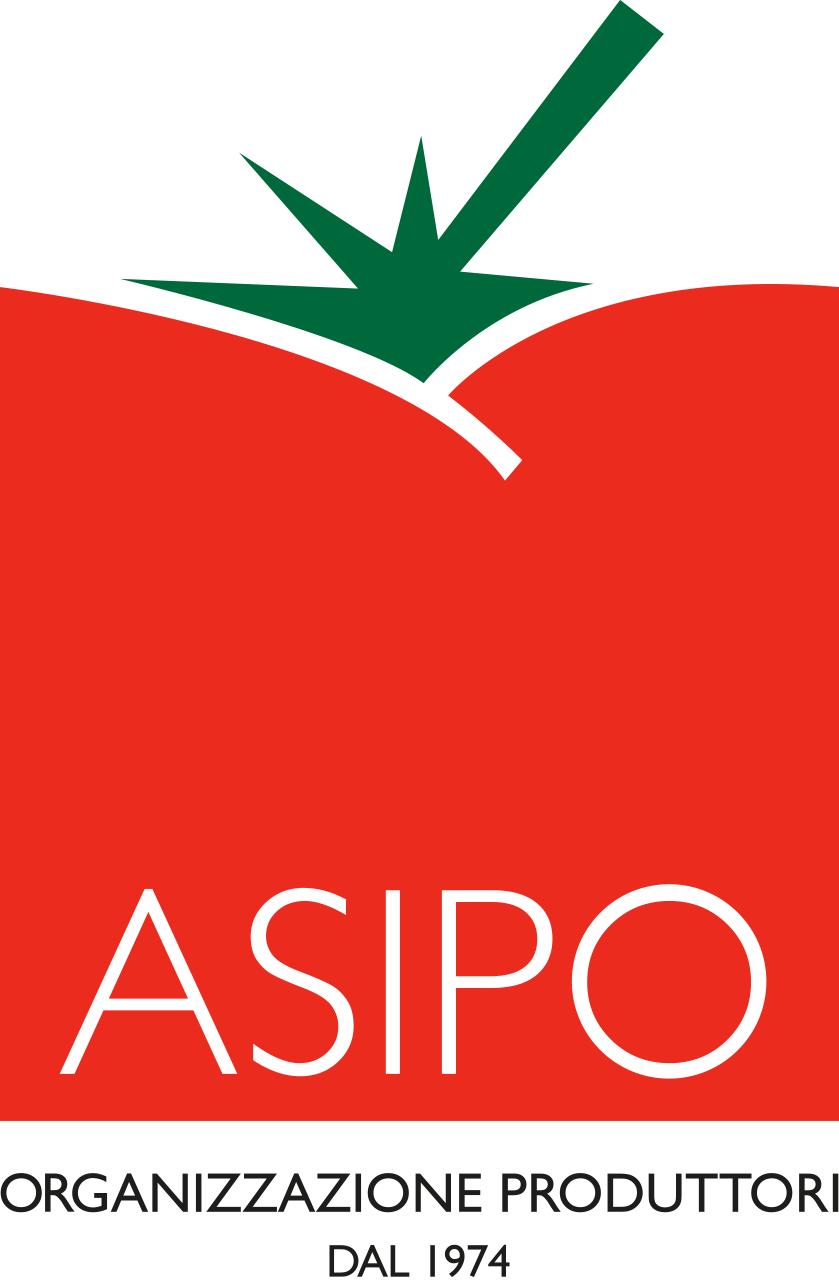
Tomato is a fruit rich in different substances which make it a high nutritional value product. Rich in vitamins, in particular vitamin C, mineral salts, carotenoids, foliate and potassium are essential for our diet. There are also some phenolic compounds with antioxidant properties. Among the carotenoids present in the ripe tomato there is lycopene, a powerful antioxidant, which gives the fruit its typical red colour.
The tomato of the open field cultivation is richer in these substances than the one grown in greenhouses and intended for fresh consumption.
Now, it has been widely demonstrated that these constituents have a protective effect on human health and prevent the onset of degenerative diseases thanks to their antioxidant, anti-carcinogenic and anti-mutagenic effects.
Tomato is a concentration of these natural molecules with an antioxidant action and is the main source of lycopene.
Source: "Il Pomodoro", from the "Coltura & Cultura" series, website: https://www.colturaecultura.it/pomodoro
“The number of scientific papers and the consistency of the results obtained justify the statement that eating tomatoes and its derivatives daily help to reduce the risk of cancerous formations of the gastro-digestive tract and respiratory system of the stomach and lungs. The consumption of tomato derivatives has also been shown to lower the risk of prostate cancer. Further studies show that lycopene performs an effective protective action, in synergy with the other constituents of the tomato, against all possible cardio-vascular, pulmonary, vision disorders, as well as for the fight against aging”
SSICA - Experimental Station for the Food Preserving Industry of Parma (http://www.ssica.it/content/view/211/128/lang,it/)

